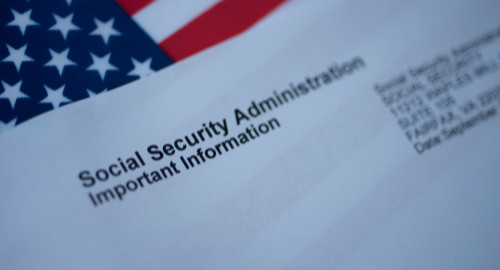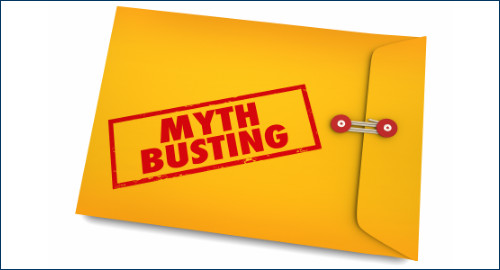Turning 65? Here’s what you need to know about Social Security
Social Security is a comprehensive social insurance program. It replaces about 42 percent of an average wage earners benefit. Social Security can help you prepare for retirement and offers disability and survivor benefits. As you get closer to 65, you are likely closer to beginning your Social Security benefits and may have a few questions. Here are answers to a few common questions about Social Security.
Who qualifies for Social Security?
You qualify for Social Security if you are at least 62 years old and have worked at least 10 full years with Social Security taxes and if you have withheld earning 40 credits. Credits are earned when you pay Social Security taxes. (For most people, 40 credits are equal to 10 years of work.) You can also qualify if your spouse or ex-spouse worked 10+ years and you qualify based on their work record.
When do you file for Social Security?
You have several options when choosing when to file.
- Continue working and receive retirement benefits – Your benefits will be reduced if you earn more than the yearly earnings limit.
- Stop working and receive your benefits – Benefits are based on your highest 35 years of earnings. If you stop working before attaining 35 years of earnings or have low earnings, this will affect your benefit.
- Continue working and not receive benefits – If you decide to continue working and not start your benefits until after full retirement age, your benefits increase each month until 70.
- Stop working and not receive benefits – Deciding not to start benefits makes sense if you have other sources of income. If you stop working, your benefits will not increase because of additional earnings.
If you start your benefits before full retirement age, your benefits are reduced for each month before your full retirement age. If you delay your benefits until full retirement age, you will be eligible for delayed retirement credits.
How do Social Security and Medicare work together?
Social Security handles enrollment for Medicare Parts A and B. If you have not filed for Social Security benefits, you will need to apply for Medicare yourself. You will need to apply for Original Medicare (Parts A and B) three months before you turn 65. You may pay a late enrollment benefit if you don’t sign up for Medicare Part B when you’re first eligible. If you or your spouse are working and covered under an employer provided health plan, you may be eligible for a Special Enrollment Period (SEP) once covered employment ends.
If you are already receiving Social Security benefits, your Medicare Part B premiums are deducted from your monthly payments. If you’re not getting benefits, you’ll receive bills from the Centers for Medicare and Medicaid Services (CMS). Most Medicare beneficiaries pay no premium for Part A because they worked and paid Medicare taxes.
What is full retirement age?
Full retirement age was 65 until 1985 when Congress passed a law to gradually raise the age because people are living longer and are generally healthier. According to AARP, full retirement age is 66 years and 2 months for people born in 1955, 66 and 4 months for those born in 1956, and gradually rising..”
Who gets the benefits?
Your spouse can receive your Social Security benefits at 62 or any age if they are caring for a child who is under 16 or disabled. Children under 18 or 19 if they are still in high school and unmarried can receive Social Security benefits. Children who have a disability that was documented before they turned 22 and who continue to be disabled when their parent qualifies can also receive the benefits.
What are survivor benefits?
Survivor benefits refers to the aid family members may receive if you die. If you work and pay into Social Security, some of those taxes are for survivors’ benefits.
Widows and widowers have reduced benefits at age 60 or at age 50 if a disability occurs within seven years of the spouse’s death. The widow or widower can also receive benefits if caring for a child of the worker who is under 16 or disabled.
Children under 18 or 19 can receive survivor benefits if they are still in high school and unmarried. Children who have a disability that was documented before they turned 22 and who continue to be disabled when their parent qualifies can also receive the benefits.
How does working affect Social Security checks?
When you’re working, your benefit will be reduced until you reach full retirement age. When you reach retirement age, $1 in benefits will be deducted for each $3 above $51,960 before retirement age. There is a work limit that applies to working wages and self-employment.
How can I apply for Social Security?
Call Social Security at (800) 772-1213. You will need your Social Security number, a government issued identity document like a driver’s license or passport, proof of age (birth certificate), latest W-2 or self-employment tax return, earning estimate, banking direct deposit information, marriage information, and record of military or railroad service.
We hope that this overview of Social Security has helped answer some of your questions! Aspire Health Medicare Advantage plan members can contact Member Services for additional resources or help understanding more about Social Security.
H8764_MKT_BlogSocialSecurity_0422_C










